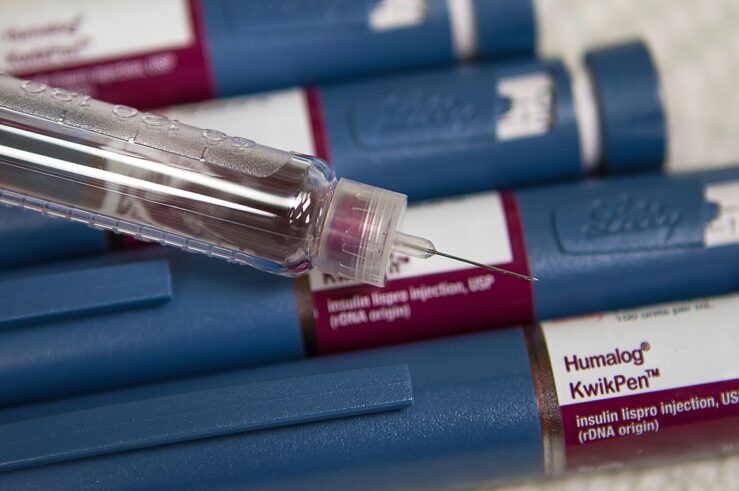I have spent a lot of time recently thinking about and discussing the problems with lawyer licensing and regulation and how it unnecessarily increases the costs and decreases the utility of legal services (e.g., here).
I often wonder, and get asked, what about medicine? Like why are there not enough doctors or other medical practitioners? Why don’t doctors use modern technology to interact with patients (e.g, even email??). Of course part of the reason, as with everything else in the world, is regulation, for doctors particularly including privacy regs.
But part of the reason is the same as for lawyers: the straitjacketing effect of licensing and ethical rules. For a great little snapshot of the problem, see Jay Parkinson, (HT MR).
Parkinson starts his story by outline an idea for the new kind of medical practice he was going to start after his residency:
- Patients would visit my website
- See my Google calendar
- Choose a time and input their symptoms
- My iphone would alert me
- I would make a house call
- They’d pay me via paypal
- We’d follow up by email, IM, videochat, or in person
Well he did it. And “my patients loved the experience— I was an accessible, affordable doctor in their neighborhood who communicated just like them.”
And then he stopped practicing, and hasn’t seen a private patient in three years. Because after he did it he got a scary letter from the New York State Office of Professional Conduct asking for his records for drug prescriptions, obviously trying to nail him on a narcotics charge. Dr. Parkinson points out that
someone didn’t like me. I knew I had plenty of haters given the heated debate in the medical blogs and news stories about my practice. * * * The only criticism I’ve ever received came from within the medical community. So someone, somewhere called the state and complained…and given the online discussion I can only assume the complaint was made by a doctor. You see, anyone, anywhere, can call the state anonymously and report any doctor they want. The state then takes action by sending a startling letter to that doctor asking for records. You are then asked to produce those records and appear in front of their board with or without your lawyer at your expense (lawyer’s fees and lost revenue from time not practicing…thousands of dollars).
He survived that experience because he wasn’t doing anything wrong. But it was scary enough that it soured him on the whole idea of practice. Then he adds:
Medical education and residency is pretty militaristic. You fall in line or you’re out. Trust me, I’ve been there. If you are an “outside the box” thinker, this doesn’t last long in medical school or residency. The egos of your superiors are too threatened. This is an important fact. Doctors have such a preoccupation with being right, they can’t tolerate being wrong. This is of course needed because who wants to go to a doctor known for being wrong all the time? Questioning the status quo is threatening.* * *
Doctors fall in line with the system they’re given. Don’t question it because you, your family, your finances, and the profession will suffer. That’s why innovations like my practice are so few and far between.
Technology won’t solve complex human politics and culture. Real change won’t happen until our medical institutions and the American public want change to happen.
The first step is realizing that our current medical culture doesn’t foster innovation and creativity. In fact, at almost every level, it actively and legally stifles innovation
You can easily substitute “law” and “law practice” for the medical references in this post. Incumbent doctors and lawyers don’t want to change because they don’t like the idea of competition. Those who want change are met by impermeable barriers. This hurts everybody. Vast areas of our economy are immune from innovation. It’s time for change.




